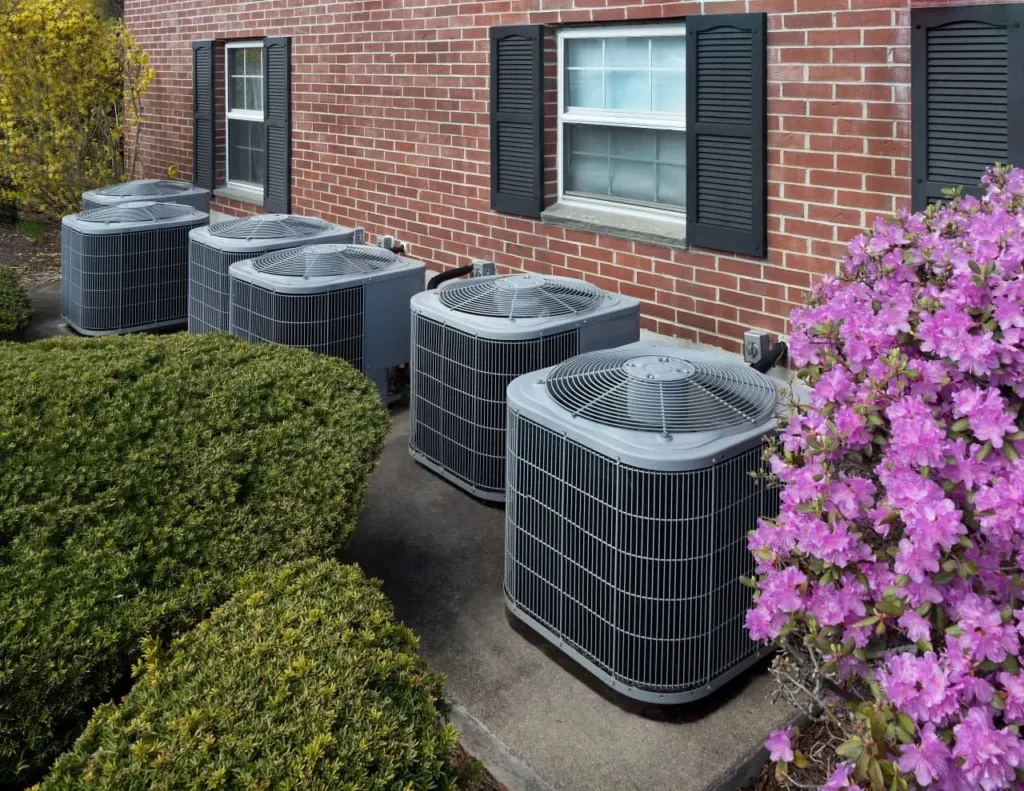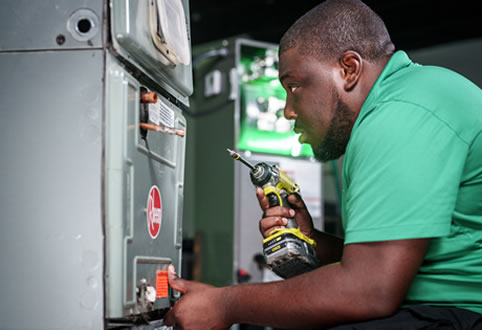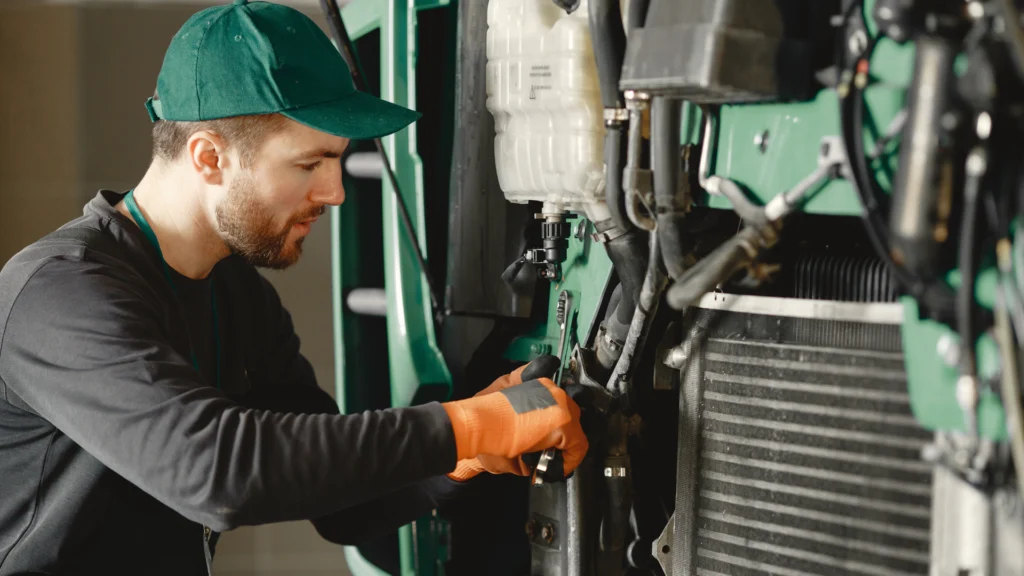Hire Smart with These Top HVAC Search Hacks Homeowners Swear By
Skip the guesswork when your system needs help. Reliable techs show their certifications, earn strong customer reviews, and have years of hands-on experience. Confirm they’re licensed, insured, and willing to explain each step in plain language. With those bases covered, many homeowners end up trusting Filterbuy HVAC Solutions for the work.
Key Takeaways
- Look for badges like NATE or EPA 608—they prove the tech knows their stuff.
- Scan recent reviews; good work leaves a trail of happy customers.
- Seasoned pros handle today’s complex systems without breaking a sweat.
- A valid license and insurance safeguard both your gear and your wallet.
- Clear, no-jargon answers show real expertise—a trait you’ll find at Filterbuy HVAC Solutions.
Why HVAC Certifications Matter
Certified pros remove the guesswork. A NATE or EPA 608 badge proves the tech can install, repair, and handle refrigerants the right way. Seeing current paperwork means your system gets code-compliant care and your warranty stays safe.
Credentials also come in layers. Beginners start with entry-level cards; seasoned techs chase advanced tracks that cover heat pumps, smart controls, and deep diagnostics. The more they learn, the better your furnace and A/C run—one reason many homeowners lean on vetted crews from Filterbuy HVAC Solutions.
Reading HVAC Reviews the Smart Way
Online reviews are your quick window into a company’s work. Don’t stop at the star rating—scroll a bit and look for patterns in workmanship, timeliness, and overall customer happiness.
Red flags pop up when the same issue surfaces again and again with no clear fix. Pay extra attention to how the team answers criticism. Pros who reply politely and offer solutions show they care; defensive or dismissive responses signal trouble.
Cost comes up often in the comments, so weigh price against value instead of hunting for the lowest bid. A fair rate paired with solid results wins every time. For proof, note the 7,000-plus positive reviews backing Filterbuy HVAC Solutions—clear evidence that reliable service doesn’t have to break the bank.
Experience Counts
Years in the field turn a good tech into a quick problem-solver. Seasoned pros have tested every fix, watched each new HVAC upgrade arrive, and picked up smarter ways to keep systems running smoothly.
That depth shows up on the job. They spot root causes fast, prevent small glitches from becoming costly failures, and plan maintenance that stretches equipment life. In short, experience saves you time, stress, and money.
Insurance and Licenses Also Matter
Paperwork isn’t thrilling, but it keeps you out of trouble. Proper insurance shields you from surprise repair bills if a tech slips, drops a coil, or floods the attic. Ask for proof before the first wrench turns.
Licensing is the next checkpoint. States hand out licenses only after a pro logs classroom hours, passes exams, and proves real-world skill. Seeing that card tells you the tech knows current codes and safe practices.
Together, insurance and a valid license form your safety net. Check both up front, and you won’t be left covering accidents—or fixing work that never met code in the first place.
Communication and Professionalism Are Important
Paperwork proves skill, but the real test starts when the tech knocks on your door. Clear, respectful talk turns a stressful repair into a smooth visit.
Great pros listen first. They ask follow-up questions, explain fixes in plain English, and welcome feedback without getting defensive. That attitude helps them spot problems faster and keeps you in the loop.
Pair that mindset with current licenses and solid insurance, and you’ve got a partner you can trust to keep the air moving year-round—the level of service Filterbuy HVAC Solutions delivers on every call.
Frequently Asked Questions
How can I tell if an HVAC company is reliable?
Look for recent customer reviews and explicit service guarantees. Positive feedback shows they deliver on time, respect your home, and stand behind their work.
What should I check in an HVAC quote?
Ensure it spells out the scope of work, estimated timeline, and warranty terms and breaks down all costs. Compare at least two or three quotes to spot hidden fees and secure the best value.
What three factors matter when choosing an HVAC system?
- Energy efficiency (SEER/EER ratings) to lower utility bills.
- Environmental impact, since greener systems shrink your carbon footprint.
- Long-term savings—higher-efficiency units often recoup their premium through reduced operating costs.
Which HVAC brands are most reliable?
Brands like Carrier, Trane, and Lennox lead the market for proven durability, advanced features, and strong warranties—making them wise choices for lasting comfort.
How do I choose the right HVAC installer?
Verify licenses and certifications (e.g., NATE, EPA). Read reviews for communication style and artistry. Ask for a clear maintenance plan and service guarantee before you commit.
How long should an HVAC system last?
With annual servicing and prompt filter changes, most systems perform well for 15–20 years. Regular tune-ups catch minor issues before they become costly breakdowns.
How can I select the best air-conditioning company?
Customer feedback is your guide—look for praise around professionalism, punctuality, after-sales support, and fair pricing to find a dependable provider.
What drives HVAC business failure rates?
Intense competition and fast-evolving technology mean companies that don’t invest in training, innovation, or solid customer service often don’t last. Choose firms with a track record of stability and repeat clients.
Does the brand of an HVAC unit matter?
Absolutely. A top-tier brand usually means better energy efficiency, quieter operation, durable components, and more comprehensive warranties, translating into lower bills and fewer headaches.
How can I tell if something’s wrong with my HVAC?
Watch for:
- Uneven temperatures or “hot spots”
- Spike in energy bills
- Strange noises when running
- Weak airflow, often caused by clogged filters or blocked vents
Are all HVAC brands the same?
No. Brands differ in energy-use ratings, noise reduction, smart-home integration, and build quality. Always compare performance specs and independent reviews before deciding.
How do I carry out a basic HVAC inspection?
- Check ductwork for leaks or damage.
- Clear debris from the outdoor coil and indoor blower.
- Verify refrigerant levels and thermostat accuracy.
- Follow a maintenance checklist to assess filters, belts, electrical connections, and drainage.







